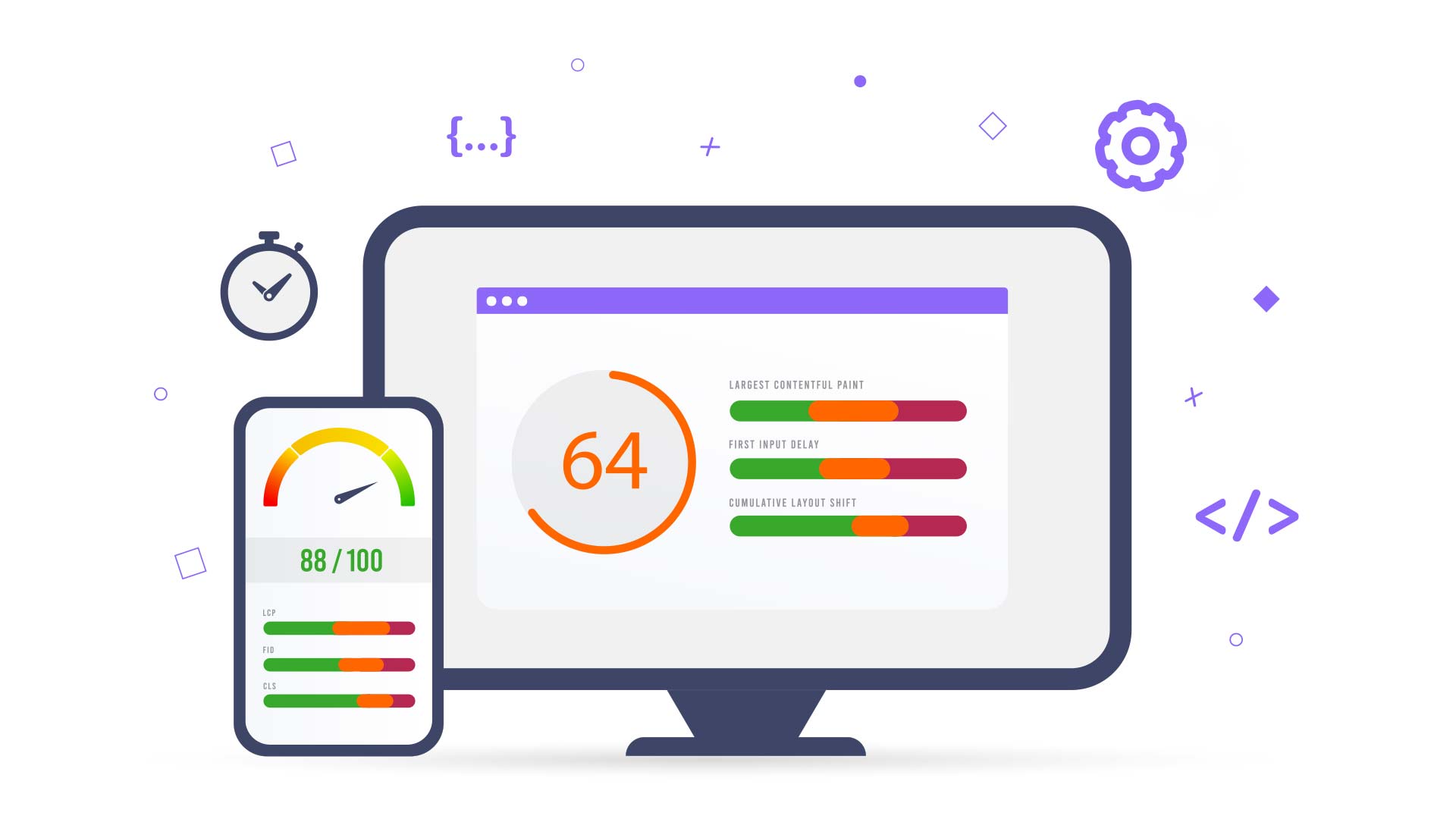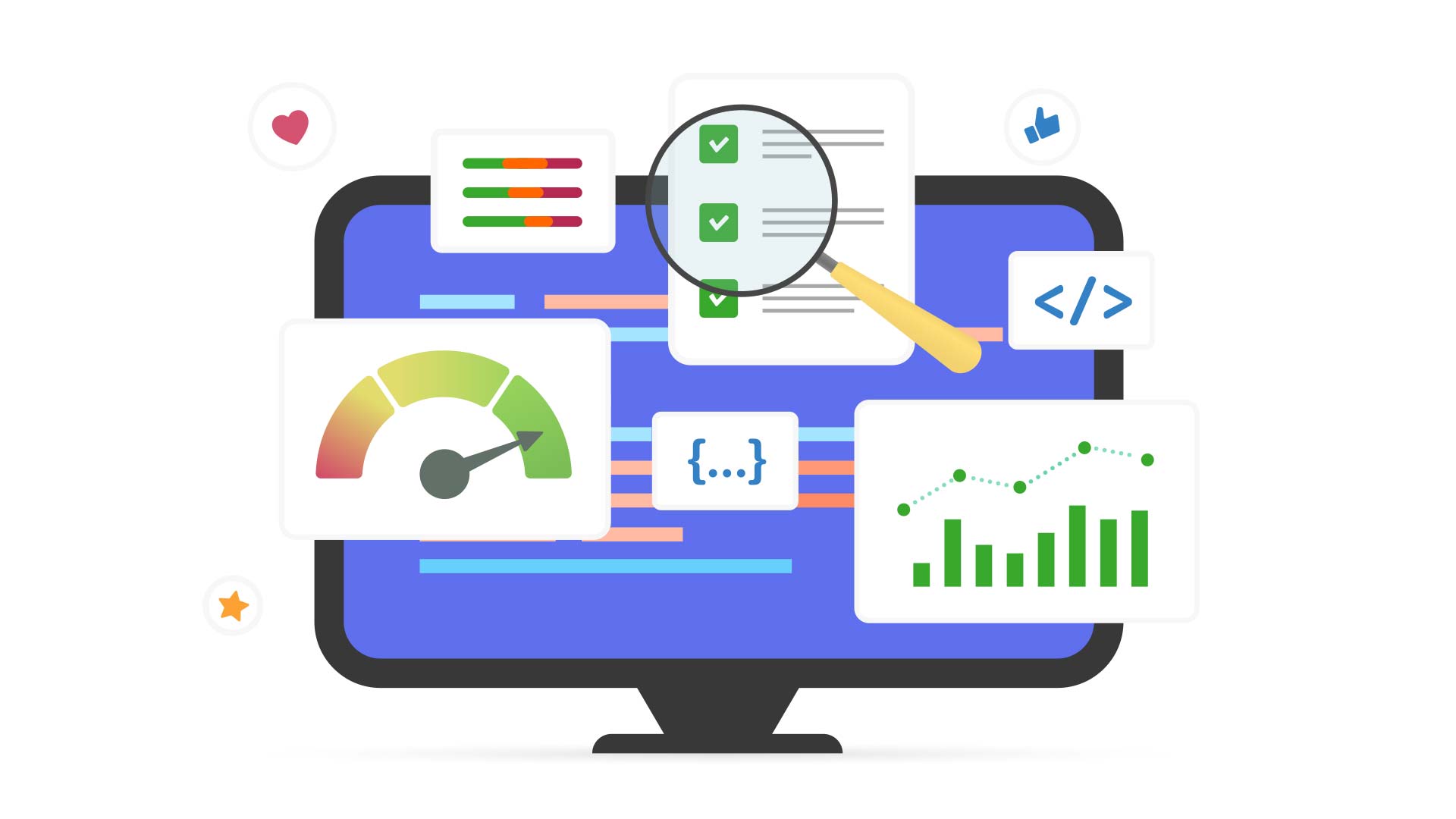Rev Up Your Website: Strategies for Speed & Performance Optimization
In the age of lightning-fast internet and demanding users, website speed and performance optimization has moved from being an afterthought to a primary concern for businesses and web developers alike. It’s not just about the user experience anymore; the major search engines have incorporated website speed and performance as ranking factors, underscoring their importance. This article dives deep into the intricacies of website speed and performance optimization, answering some of the most frequently asked questions.
The Importance of Speedy, High-Performing Websites
The speed and performance of a website directly correlates with user satisfaction. A website that loads swiftly and operates seamlessly is bound to have:
- Higher Engagement: Users are likely to visit more pages and spend more time on a site that responds quickly.
- Better Conversion Rates: A fast site ensures that potential customers don’t get frustrated and abandon their cart or fail to make an inquiry.
- Improved SEO Rankings: Google and other search engines prioritize faster, better-performing sites. In essence, faster sites often equate to higher search rankings.
- Lower Bounce Rates: Slow-loading pages can deter users, causing them to leave almost immediately.
- Enhanced User Experience: A website that loads rapidly and provides smooth navigation enhances the overall user experience.

Website Speed Optimization Techniques
- Image Optimization: Reduce image sizes using tools or manually ensure they’re in the correct format. Consider using modern formats like WebP.
- Minimize HTTP Requests: For complex sites with lots of items to load.
- Use Content Delivery Networks (CDNs): CDNs can distribute the load, saving bandwidth and speeding up access for users.
- Browser Caching: By storing some files locally on the user’s device, it reduces the need to re-fetch them on subsequent visits.
- Minify Resources: Compress your code by removing unnecessary characters.
- Reduce Server Response Time: Consider using high-quality hosting and optimizing your server.
- Optimize CSS and JavaScript: Ensure that your scripts and stylesheets are lean and efficient, and don’t block rendering.

Website Performance Optimization: Beyond Speed
While speed is crucial, overall website performance also encompasses how efficiently a site’s features operate, including:
- Responsive Website Design: Ensuring that websites function optimally on all devices, especially mobile ones.
- Interactive Elements: Make sure features like forms, buttons, and sliders work flawlessly.
- Multimedia Performance: Videos and animations should play without glitches.
- Backend Processes: Things like database queries and server-side scripts must run efficiently.
Frequently Asked Questions (FAQs)
How does website speed impact my Google ranking?
Google uses website speed as one of its ranking factors. Faster websites provide a better user experience, and Google rewards these sites with better search visibility.
Can I test my website’s speed?
Absolutely. Tools like Google PageSpeed Insights, GTmetrix, and Pingdom provide detailed insights into your website’s speed and performance.
Are CDNs necessary for all websites?
While CDNs can greatly improve website speed, especially for sites with a global audience, they may not be necessary for smaller sites with a local focus. However, they can provide security benefits as well.
What’s the difference between website speed and website performance optimization?
Website speed optimization focuses solely on reducing the time it takes for a site to load. Performance optimization, on the other hand, looks at the broader picture including how well features and functionalities of a website work.
In Conclusion
Website speed and performance optimization are not mere buzzwords; they’re essentials in today’s digital landscape. Businesses and web developers need to prioritize these areas to ensure not only enhanced user experience but also to rank higher in search engine results.
In a world dominated by split-second decisions, ensuring your website is up to speed (literally and figuratively) can be the difference between a user becoming a loyal customer or bouncing off to a competitor.